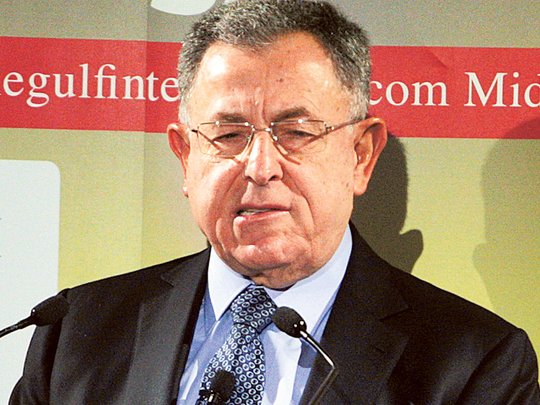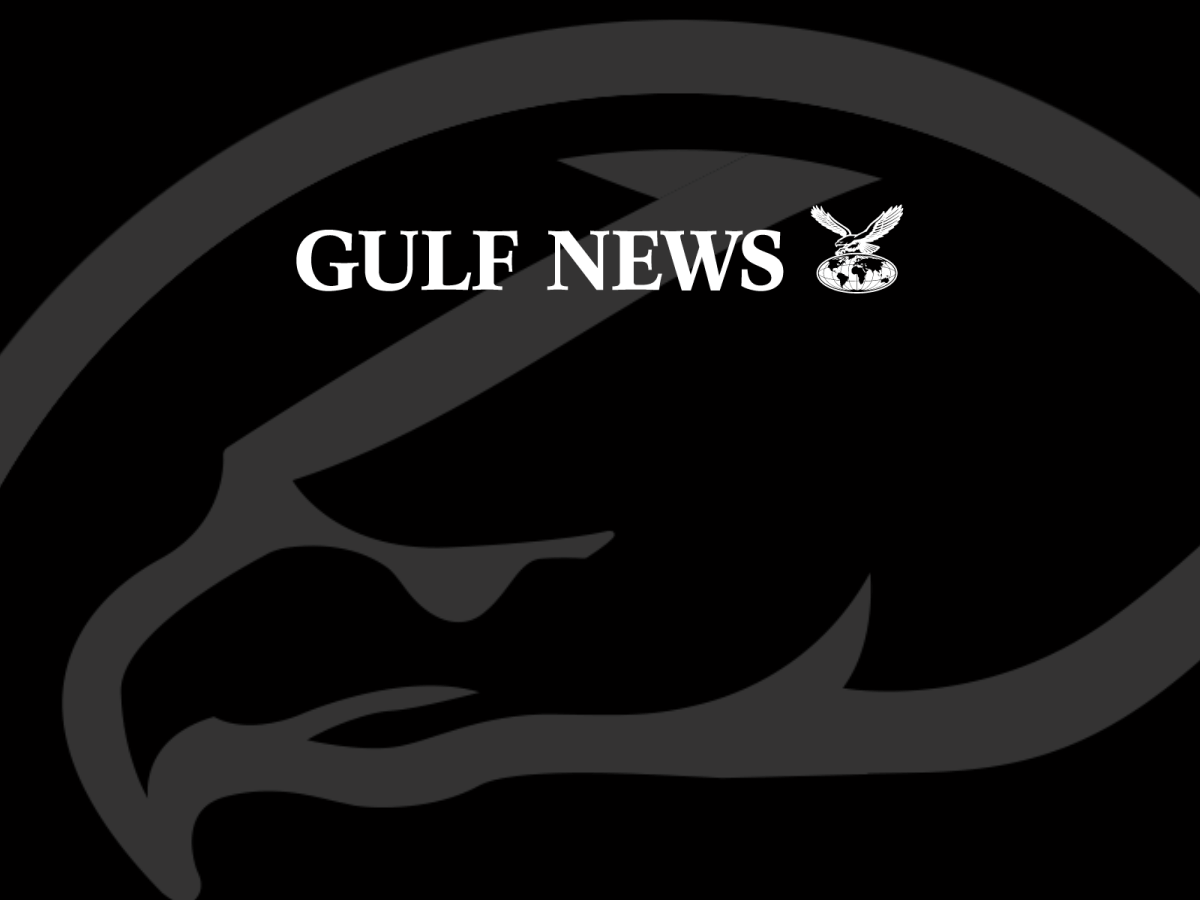
Seoul, Korea: An unwritten code of honour among Lebanese elites was broken on Wednesday by Walid Junblatt when the Progressive Socialist Party leader, and scion of a leading Druze family heavily implicated in various and sometimes shady business activities, hinted that former Prime Minister Fouad Siniora was behind the illegal internet network scandal.
Seldom uninteresting and often provocative, Junblatt relied on his Twitter account to write: “An ambassador of a major country asked me why I opposed Lebanon joining the World Trade Organisation.” “My reply,” Junblatt stressed, “was clear in that the big fish eats the small fish and I am in favour of protecting the local industry and agriculture sectors.”
He continued with what could well become a bombshell if proven to be correct: “My position will remain opposed to that of a former prime minister, who used to heap praise on the benefits of free trade and open markets,” a reference to Siniora, because, the feudal lord underscored: “We do not want the big fish that eats the small fish or hiding the truth behind the illegal internet.”
And then he added what can only be a crisis-level provocation when he made the following comparison: “By the way, the big fish of the World Trade Organisation is the same one behind the illegal network.”
What Junblatt knows about his latest claim or what kind of evidence — not just hearsay he may have been privy to — the Mukhtara [his Shouf Mountain stronghold] master may have seen, remained unclear. It was equally perplexing to now have a major political figure accuse, or at least hint, that a former high-ranking government official was involved in such Shananigans. Siniora served as premier from 2005 to 2009 and, earlier, as a minister of finance in several Rafiq Hariri governments.
A few weeks ago, Telecommunications Minister Butros Harb revealed that four illegal internet stations existed in the mountainous regions of Al Dinniyyah, Ayun Al Siman, Faqra and Zaarur. Suspects involved in the case and believed to be associated with the state-owned OGERO parastatal organisation were arrested earlier this week over possible links to the networks.
Several reliable reports speculated that the OGERO director-general Abdul Monem Yousuf was fully involved in these scandalous transactions. A parliamentary media committee unveiled what it described as a “mafia” that are taking advantage of internet services by installing internet stations that are not subject to any controls by the state, which earns between $1.2 billion and $1.5 billion each year through the Ministry of Telecommunications monopoly. Yousuf apparently knew that the owners of these illegal stations bypassed the state network and purchased international internet bandwidth at nominal costs from Turkey and Cyprus which, in turn, they sold to subscribers at reduced prices.
Yousuf is close to March 14 leaders, including Siniora, although the Junblatt hint that the former prime minister is implicated is a bombastic revelation in its own right.











